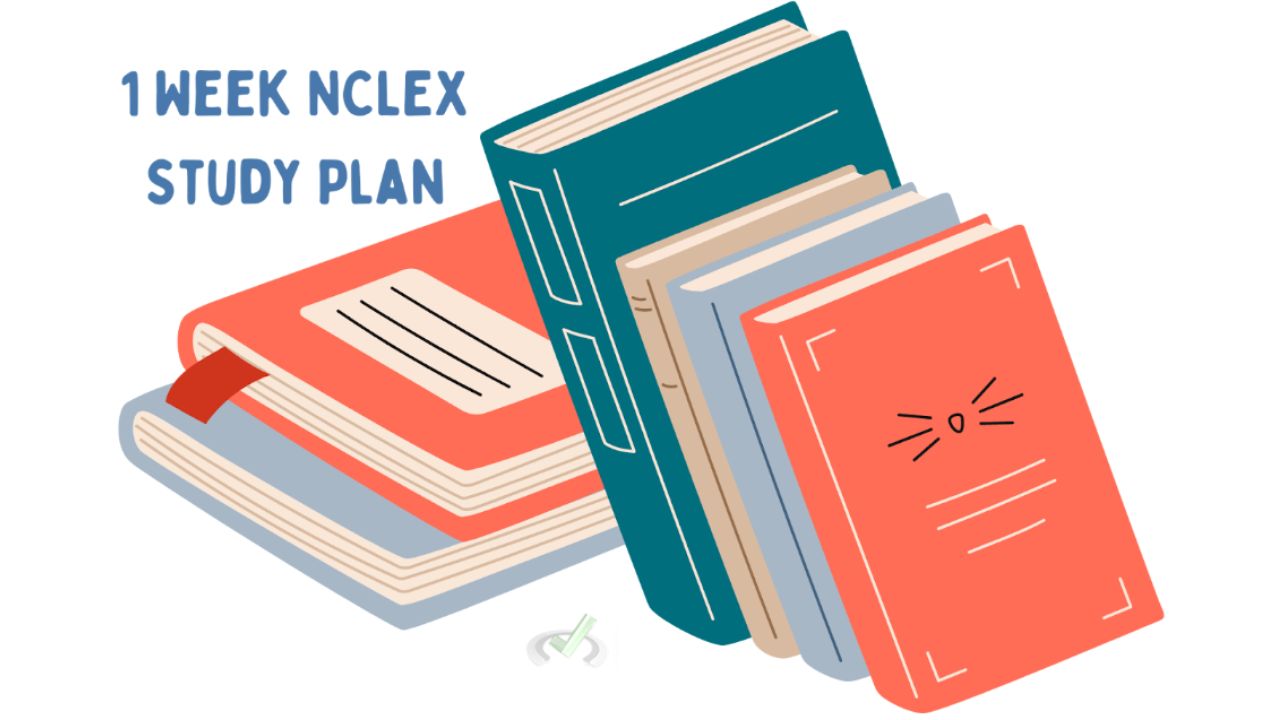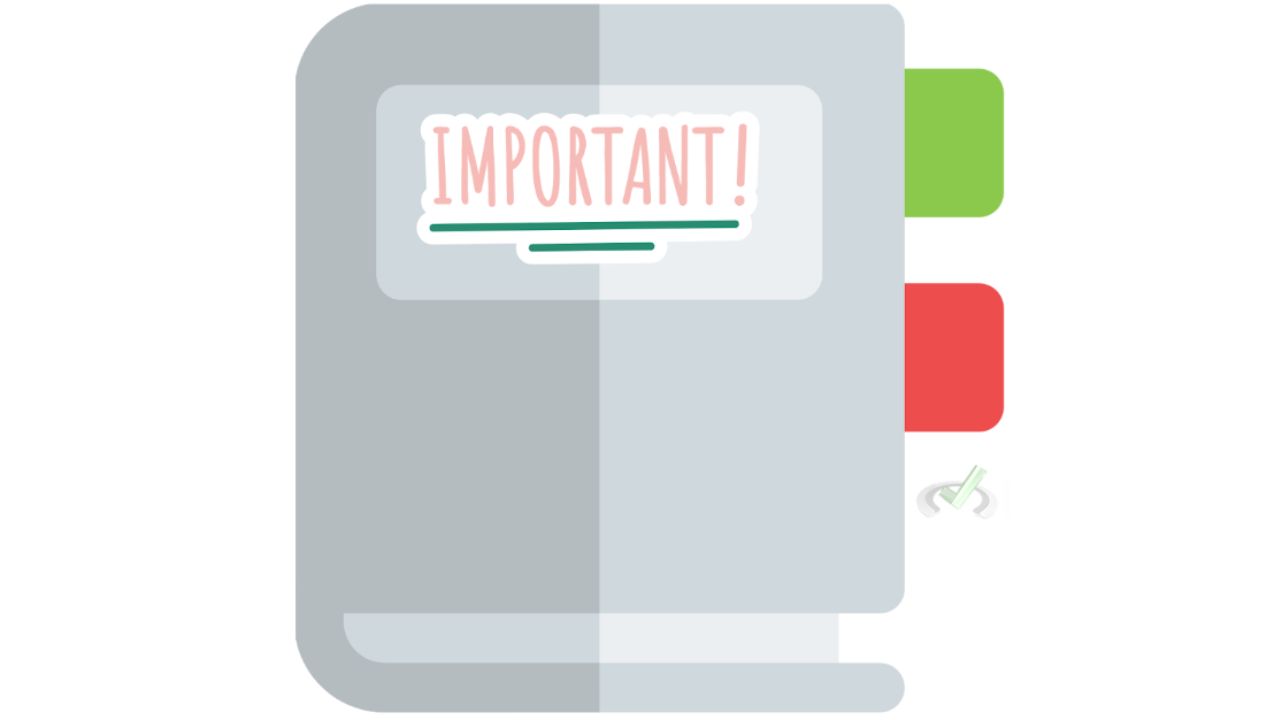
Over 15% of nursing grads don’t pass the NCLEX on their first try. Sounds terrifying, right? But don't let it freak you out too much. You’ve got 7 days to prepare, and I promise that a solid 1 week NCLEX study plan can work wonders.
We’re talking smart scheduling, focused studying, and enough caffeine to power a small spaceship. Let's break it down — one day at a time.
Day 1: Getting Your Bearings – Plan, Prioritize, and Prepare
First things first, breathe. Day 1 is all about laying down the groundwork. You don’t have time to wander aimlessly through textbooks or bounce between online resources.
The goal is to figure out what you need to cover and how you’re going to cover it. Map out the week like it’s your treasure hunt, with the prize being NCLEX domination.
Quick Tips for Planning:
Prioritize Topics with High Yield
The NCLEX is no joke, but it’s also not out to quiz you on every single fact. They focus on what’s important for entry-level nurses.
That means the trick is to know where to focus — and where to let things slide a bit. Your 1 week NCLEX study plan is all about the high-yield content.
Top Topics to Hit Hard:
Carve out time in your schedule for each of these topics. If you’re shaky in one, give it more time.
Day 2-3: Core Content Review – The Essentials

Let’s get into the meat of it. Days 2 and 3 are for serious content review. And not just any content — the important stuff.
There’s zero point in skimming through chapters of detailed notes. Focus on the areas that have the most impact and the biggest likelihood of showing up on the test.
Med-Surg Madness
Med-Surg covers a ridiculous amount of ground. You could spend months here if you let yourself. But guess what? You only have a week, so let’s hit the big-ticket items.
How to Make It Stick:
Pharmacology Power-Up
Ah, Pharmacology. If it feels like a monster, that’s because it kinda is. But it doesn’t have to eat you alive.
You don’t need every drug, just a broad understanding of drug classes, side effects, and what to teach your patients. It’s not about memorizing a dictionary of meds; it’s about catching the important stuff.
Pharm Study Tips:
Day 4: Practice, Practice, Practice – Question Day

Today's the day you start tackling practice questions like your life depends on it. Seriously. The NCLEX is as much about how you think as it is about what you know. You need to be comfy with the format and pace of the test, and the best way to do that is to practice.
Question Bank Binge
This is where the magic happens. Question banks are your friend, your study buddy, and your greatest asset.
Here’s how to make the most of them:
Day 5: Sharpen Your Test-Taking Skills – The NCLEX Strategy Day
Let’s face it: test-taking is a skill. And with the NCLEX, knowing content is only half the battle. The other half? Understanding how the test thinks — and playing by its rules. Strategy is everything here.
The Tricks of the Trade
Master these strategies, and you’ll start seeing the NCLEX questions for what they really are:
Spend today on focused practice questions using these strategies. You’ll start seeing the questions from a whole new angle.
Day 6: Simulate Exam Day – Full NCLEX Practice Test

Now’s your moment of truth. Set yourself up like it’s the actual test — a quiet room, some snacks, and a full-length NCLEX practice test.
The point? To test your endurance as much as your knowledge. You gotta be ready for the marathon that is the NCLEX.
How to Simulate Test Day:
Day 7: Final Review & Rest – The Chill Day
Here’s the deal: cramming on Day 7 is a terrible idea. Don’t do it. Instead, keep it light, keep it easy, and build up your confidence.
This is all about fine-tuning, not memorizing new stuff. If you’ve done the work the previous six days, Day 7 is your time to breathe.
Review Your Study Materials
Self-Care Is Study Care
Let’s not underestimate the power of taking care of yourself. Whether it’s a walk, a nap, a favorite snack, or just putting your feet up — do it. A calm mind is a sharp mind. And sleep. Seriously, get a full night of it.
Bonus Tips for a Successful 1 Week NCLEX Study Plan

Conclusion: You've Got This!
A week for NCLEX preparation? It's an intense journey, but completely achievable with the appropriate one-week NCLEX study schedule. It's about playing it smart here, not about perfection. Pay attention to high-yield material, get comfortable answering test questions, learn test-taking techniques, and look after your brain.
Recall that you have all you need to pass this exam. You have everything you need to walk in and destroy it because you are prepared and ready. I wish you well, you're going to be an amazing nurse!
